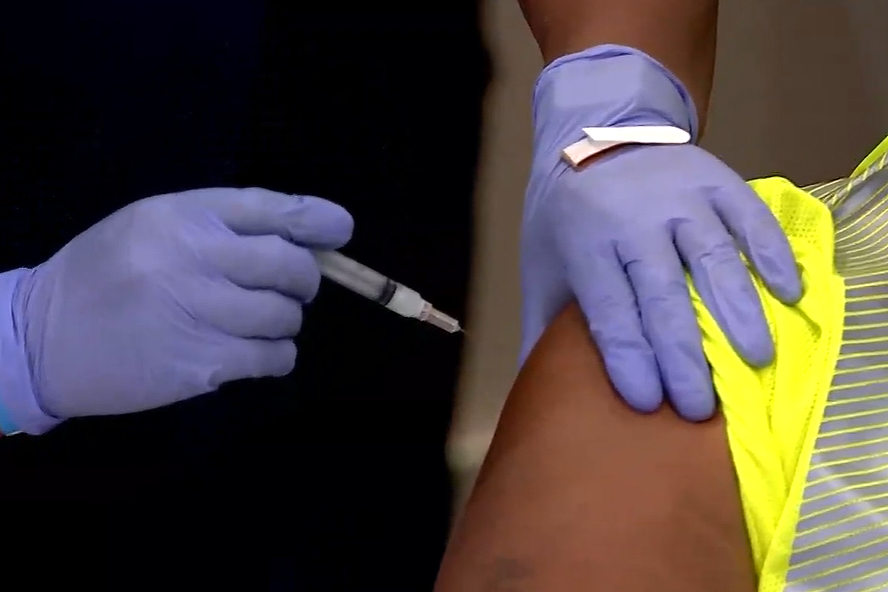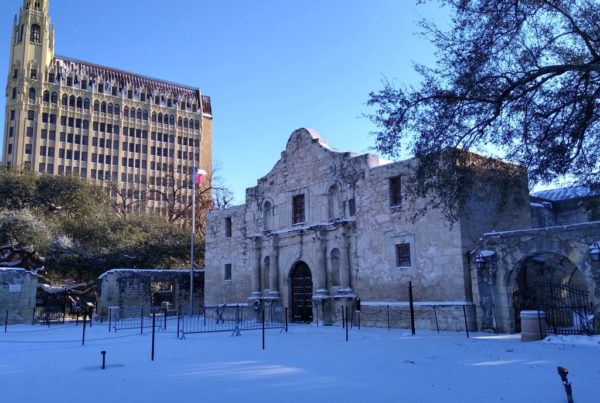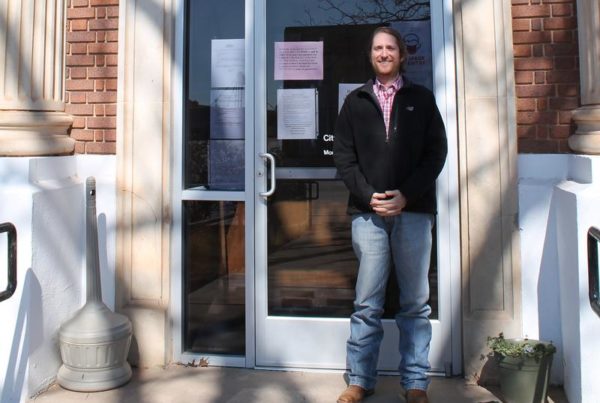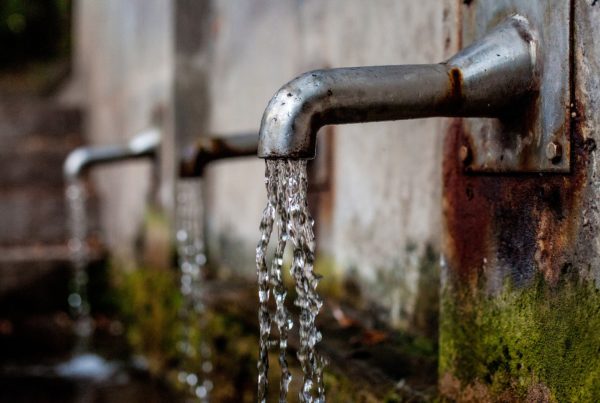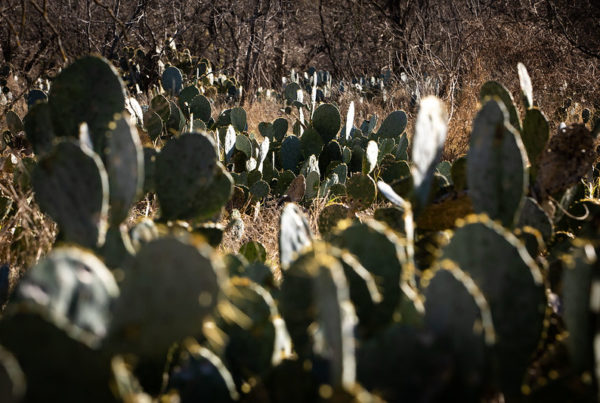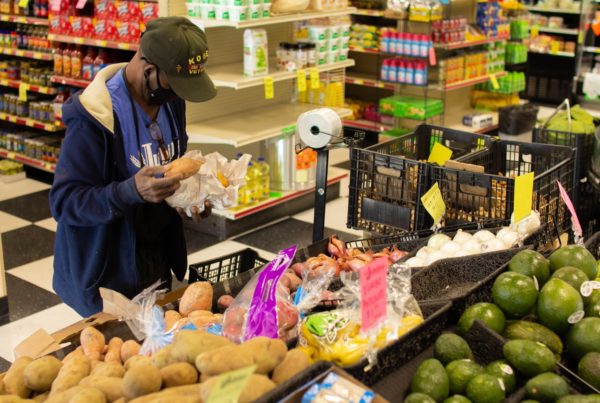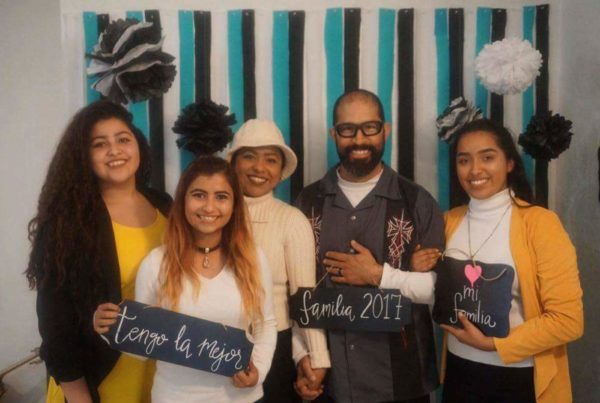Two months into the state’s vaccine rollout, Houston resident Maria Breceda, 60, said she feels like her community has already been left behind.
Breceda, who is undocumented and lives in East Houston, doesn’t have health insurance or go to the doctor, which is normal among her friends and family. When they get sick they rely on herbal remedies, like eucalyptus tea and vapor rub. She said she doesn’t trust doctors.
People she knows don’t have any information about the vaccine, Breceda said. What limited information she’s heard has been from television. Besides seniors, she said she believed only important people with money could get the vaccine.
“There aren’t people coming to knock on our doors to tell us, look, you can get the vaccine in a clinic, this (side effect) can happen if you get the vaccine,” she said.
Breceda isn’t holding out hope: She said she lives in a “lost neighborhood.”
“We will be the last to get (the vaccine), after the rest of the world is vaccinated,” she said.
Greater Houston’s half-million undocumented immigrants have born the brunt of the pandemic, as they’re disproportionately impacted by both the health and economic impacts of COVID-19. Almost 70% of undocumented workers in the United States hold frontline jobs, yet they face several barriers to vaccination: misinformation, mistrust, and a lower likelihood of having a health care provider.
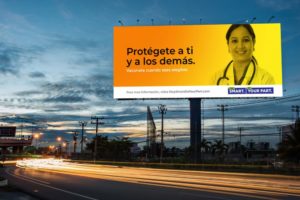
Harris County is investing in bilingual billboard, radio and digital campaigns to educate residents about the COVID-19 vaccine.
More than two-thirds of undocumented immigrants living in Texas don’t have insurance, according to the Migration Policy Institute. And lack of insurance also means an individual is less likely to have a health care provider at all.
The vaccine is free and available to everyone who is qualified, regardless of immigration status. But Venus Ginés — a promotora, or community health worker, with the organization Día de la Mujer Latina — said people like Breceda have called her to ask whether that was actually true, after hearing providers ask routine questions about insurance.
“Then they get nervous,” Ginés said, “because they thought this was free.”
Ginés said she’s worked with hotlines throughout Texas and in four other states to help dispel myths about COVID-19. She also provides training for community health workers statewide. In 2020, she said she trained some 4,200 promotores across Texas.
But scam artists are also preying on immigrant families, Ginés said. People have told her they’ve received calls in Spanish, promising vaccines and asking for credit card information as payment.
And in some cases, Ginés said people call her organization worried that receiving a vaccine could hurt their chances of staying in the country. Misinformation about the Trump administration’s “public charge” rule — which increased visa restrictions — has people worried getting a vaccine could impact their family’s immigration status, Ginés said.
Even though the number of people impacted by the public charge rule is small, that population is less likely to get vaccinated or access other programs and services, according to Samantha Artiga, the Kaiser Family Foundation’s racial equity and health policy director.
But getting a vaccine won’t impact immigration status, and any health data that’s shared in the process won’t be used for immigration enforcement purposes, Artiga said.
“Clarifying that information directly with immigrant families is going be really important for helping to address these potential fears and concerns,” she said.
Polling data from the University of Houston’s Hobby School of Public Affairs has already shown a hesitancy among some Texas to getting vaccinated, especially within Black and brown communities: The poll found that 30% of the state’s Latinos said they likely won’t get the vaccine. Respondents were worries about it being too new, feared side effects, or said they didn’t trust pharmaceutical companies and politicians to make sure it was safe.
For its part, Harris County has also tried to tackle community mistrust and misinformation.
Harris County Judge Lina Hidalgo has launched a multilingual vaccine waitlist that has more than 308,000 people already signed up online and over the phone. Of the 45,000 people who called in to get on the list, about 10,000 spoke Spanish, Hidalgo said. Operators are also taking calls in Vietnamese, Chinese, Korean and Arabic.
The county also started a million dollar media campaign in multiple languages to promote the vaccine’s safety.
But while so few vaccines are available, Hidalgo said the county is still limited in what it can do for now.
“We would be able to have a lot more roving teams with more vaccines,” Hidalgo said. “We would be able to set up more sites.”


